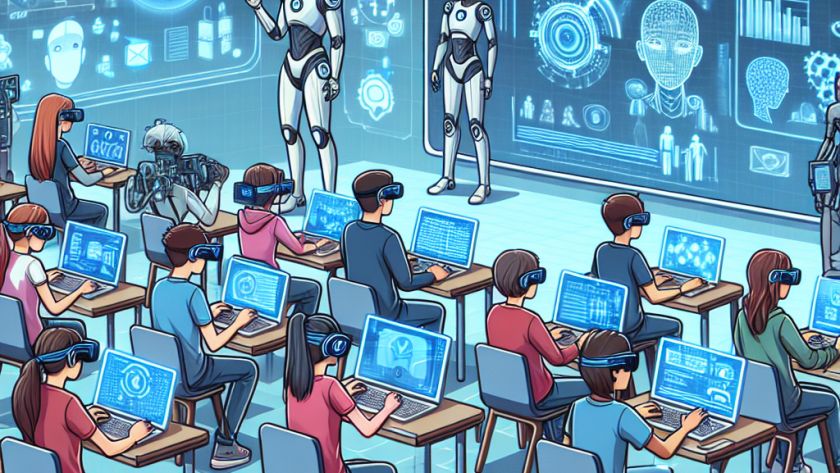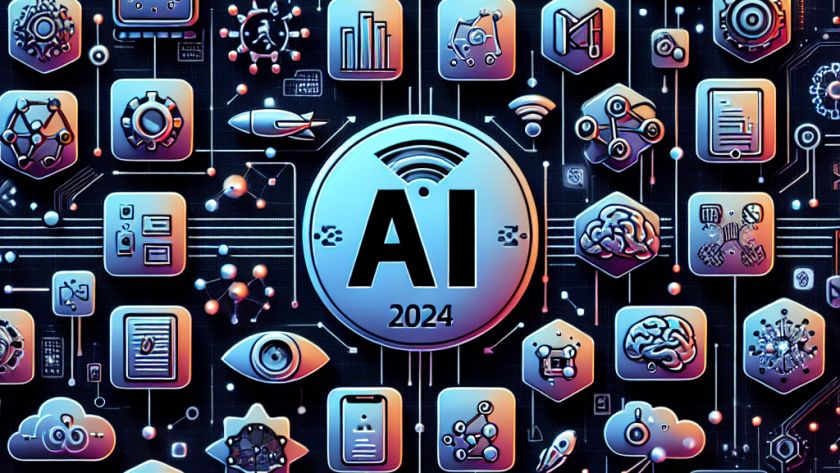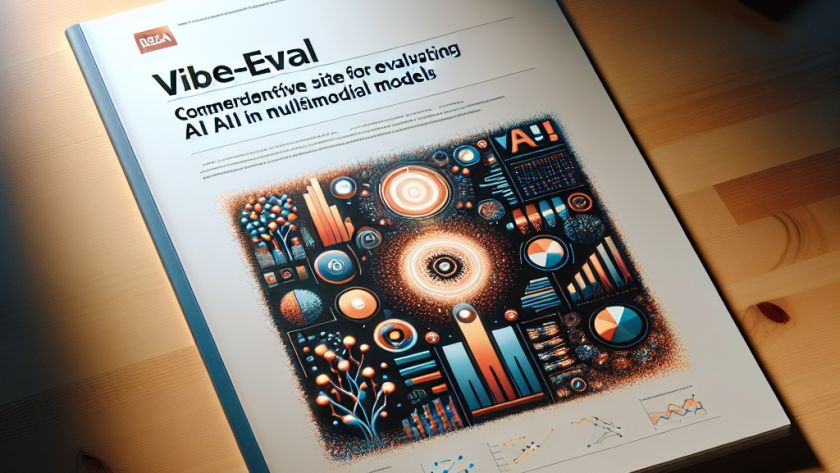The rise of machine learning has led to advancements in numerous fields, including arts, media, and the expansion of text-to-image (T2I) generative networks. These networks have the ability to produce precise images from text descriptions, presenting exciting opportunities for creators, but also triggering concerns over potential misuse such as generating harmful content. Current measures to…












